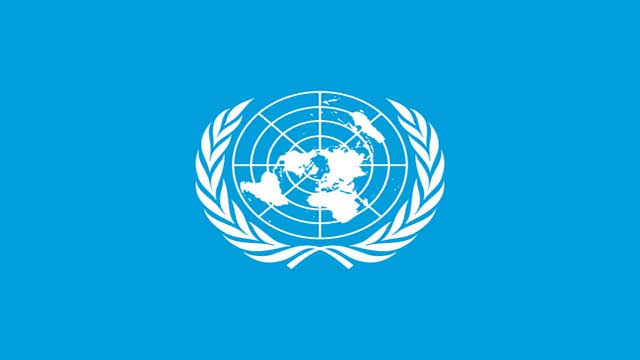Irene Khan, special rapporteur on the promotion and protection of the right to freedom of opinion and expression in the United Nations, expressed her concerns in a letter to the Bangladesh government over retaining problematic sections of the Digital Security Act in the Cyber Security Act.
In the letter dated August 28, the UN expert also expressed concerns as the draft CSA had given law enforcement agencies and the telecommunications regulatory authority extensive unfettered power that could create serious risks to human rights in the absence of adequate judicial oversight.
The letter was sent to the law minister on the same day when the Bangladesh cabinet approved the Cyber Security Bill 2023.
The bill would be placed in the upcoming parliament session, beginning on September 3, for enactment. The government has held no formal discussion on the bill with any stakeholders so far.
‘I note that most of the problematic provisions of the Digital Security Act are retained in the draft Cyber Security Act, including sections 21, 25, 27, 28, 29, 31 and 32’ she said.
‘I strongly urge the government to take the window created by this reform process to reconsider the draft and take into account the recommendations from the United Nations.’
The letter stated that the obligation of Bangladesh to respect and protect the right to freedom of opinion and expression is derived from Article 19 of the International Covenant on Civil and Political Rights, to which Bangladesh acceded on September 6, 2000, under the then prime minister Sheikh Hasina.
‘The heavy penalties under the draft Act, coupled with a long list of vaguely defined offences, could be a major threat to freedom of expression, as they are likely to lead to arbitrary decisions from officials or self-censorship by journalists, human rights defenders, and political activists, stifling democracy as well as media freedom, including reporting on issues of critical interest to the public, such as corruption,’ Khan said in her letter.
Pointing out Section 21 of the bill, the UN expert argued that according to the Human Rights Committee, criticism of state authorities, including the head of state, and diverse views relating to a state’s flag, national symbols, or historical events are legitimate expressions protected by international law.
The letter said that Section 8 empowers the Bangladesh Telecommunication Regulatory Commission to remove data or restrict access to websites that threaten ‘digital security’, or when asked by law enforcement authorities on a wide range of vaguely drafted grounds, including ‘solidarity,’ ‘financial activities,’ ‘religious values,’ or ‘public discipline of the country, which are not recognised grounds for restricting expression under international law.
‘The vagueness of this section would leave considerable room for arbitrary and excessive action by the Regulatory Commission and could infringe unlawfully on freedom of expression,’ she said, adding that content removal and blocking of information should be carried out under provisions that are clearly defined by law, and such acts should be carried out only upon the decision of an independent, preferably judicial, body.
The letter read that Section 42 affords police officers very wide authority to search and seize computers, computer systems, computer networks, data-information or other materials and arrest any person without a warrant.
‘I have grave concerns about such unfettered discretion of law enforcement authorities, especially given the vagueness and vast scope of the draft Act. Such unfettered discretion of law enforcement authorities may lead to abuse of authority and human rights violations,’ said the UN rapporteur.
She argued that the experience of the DSA strongly suggested that independent judicial oversight over the conduct of searches, seizures, and arrests by law enforcement officials must be strengthened.
The Office of the High Commissioner on Human Rights provided the Bangladesh government with a technical note in June 2022 that contained clear, precise recommendations, most of which have not been included in the proposed draft law, said the letter.





